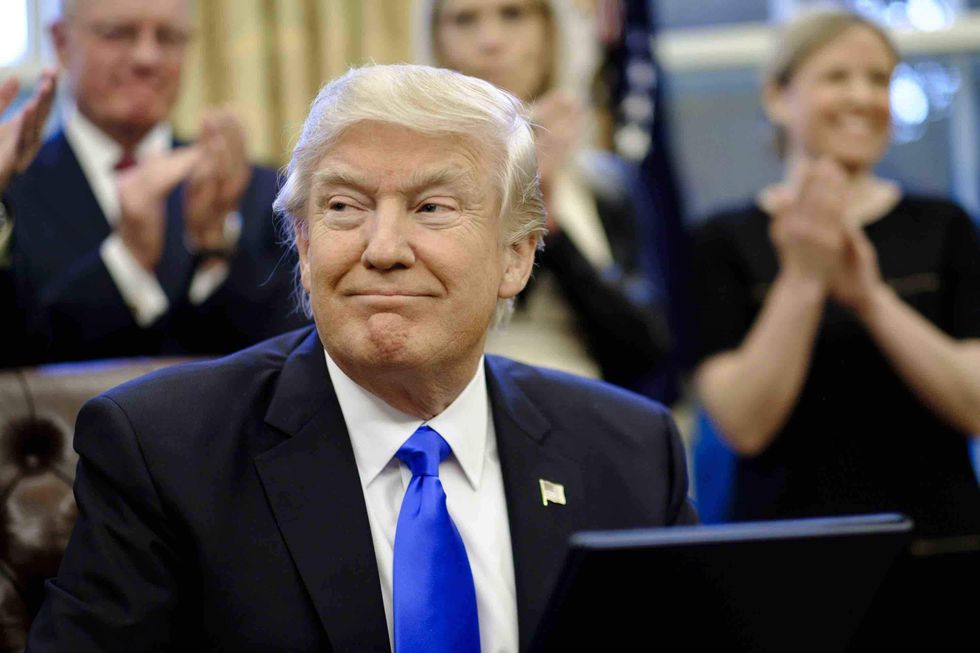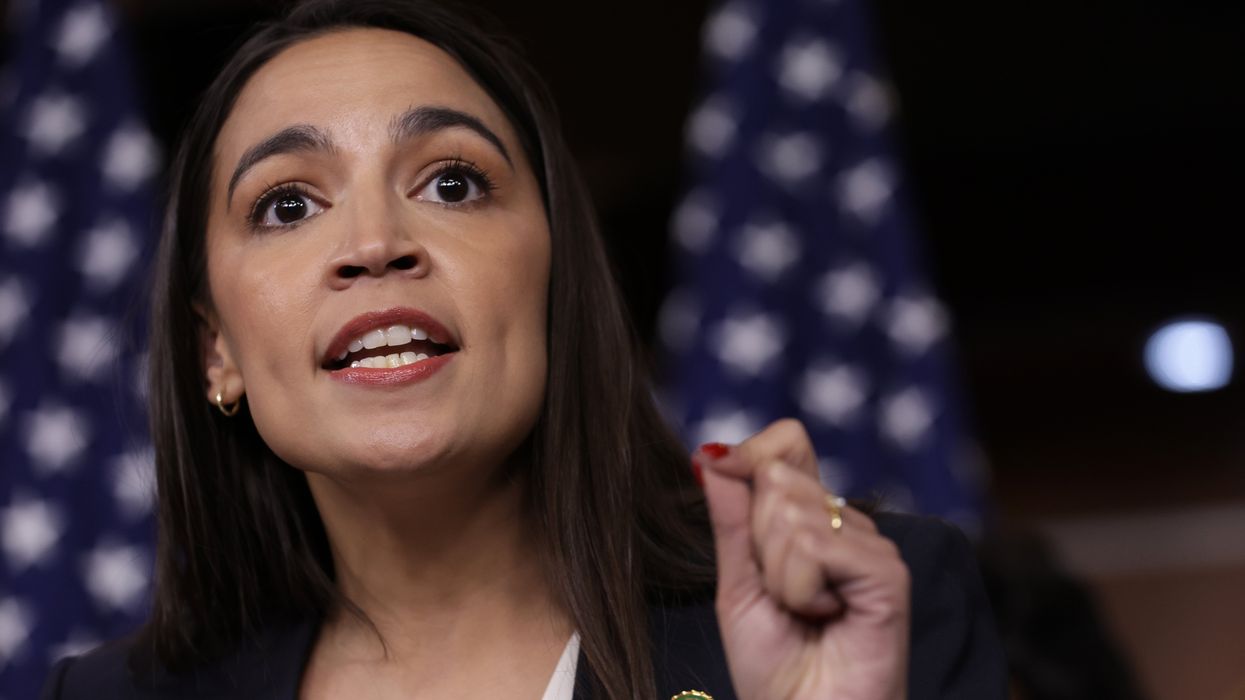The chief foreign diplomat of the United Arab Emirates, a Middle East country with a majority Muslim population, said President Donald Trump's executive action banning travel to the U.S. from seven other Middle East nations is "not directed at a certain religion."
UAE foreign minister Abdullah bin Zayed al-Nahyan said Wednesday during a joint news conference with Russian foreign minister in Abu Dhabi that Trump's order is "within the American sovereign decision," according to Al Jazeera.
The statement came as questions among American lawmakers swirl over whether the order is even constitutional. Attorneys general from an increasing number of states have also announced plans to sue the Trump administration over the travel ban's constitutionality. The White House repeatedly insisted that the order is, in fact, constitutional, and was only intended to protect Americans at home.
And now, after a rocky rollout of Friday's order that took immediate effect, the Trump administration has seemingly found a strange bedfellow.
“There are attempts to give the impression that this decision is directed against a particular religion, but what proves this talk to be incorrect first is what the U.S. administration itself says…that this decision is not directed at a certain religion," Zayed al-Nahyan said.
Trump's order bars travel to the U.S. by people from seven countries in the Middle East — Iraq, Syria, Iran, Libya, Somalia, Sudan and Yemen.
Some have asked why the ban does not include Saudi Arabia, Egypt, the United Arab Emirates and Lebanon, the four countries where the 9/11 hijackers came from. The White House said the seven countries were determined based on the Obama administration designating them in 2015 as "areas of concern" because of terrorist activity.
Even so, some have raised the question of whether Egypt, Saudi Arabia, Turkey and the United Arab Emirates were not included because of the Trump Organization's business interests in those four countries. The Trump Organization has dealings with two companies in Egypt and eight in Saudi Arabia, CNN reported.
The president's namesake brand is also developing two golf courses in Dubai, UAE, and it owns luxury real estate in Istanbul, Turkey.
Shortly before taking office, Trump signed ownership of his companies over to his two adult children, Donald Trump, Jr., and Eric Trump.
(H/T: The Hill)



